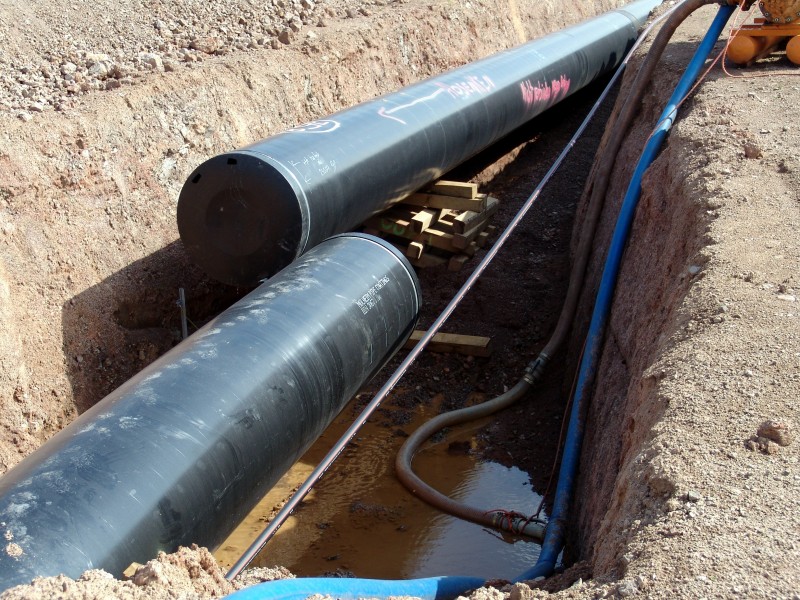Nigeria-Morocco Gas Pipeline: Final Investment Decision Will Be Made in 2024

Rabat - The final investment decision for the colossal $25 billion Nigeria-Morocco Gas Pipeline (NMGP) will be made by the end of 2024, said Mele Kyari, Group Chief Executive Officer of the Nigeria National Petroleum Company Limited (NNPCL).
Kyari’s announcement was made on the sidelines of the 2024 edition of CERAWeek by S&P Global Holding in Houston, the United States.
“The Morocco gas pipeline is beyond planning. I think we will have to see FID - Final Investment Decision- by the end of the year. That’s our plan,” Kyari said, in response to a question about whether the project is still in the planning stage, according to media reports.
First conceived in 2016, the pipeline is one of the most ambitious energy ventures globally. Once online, it would become the second-longest pipeline in the world, following the West-East Gas Pipeline in China.
In November 2023, Nigeria’s Energy Minister Ekperikpe Ekpo announced that the construction of the mega energy project Nigeria-Morocco Gas Pipeline is scheduled to start in 2024.
The NMGP will be 5,600 kilometers in length and is set to cross 13 African countries, covering the energy needs of a staggering 400 million people along the West African coast.
The project gained significant traction in recent years. In December 2021, Morocco and Nigeria signed an agreement to fund a feasibility study after the project was approved by the Islamic Development Bank (IDB).
In April 2022, the project received substantial funding from the Organization of Petroleum Exporting Countries (OPEC). The investment is currently used to fund the project’s feasibility study also known as Front-End Engineering Design (FEED).
In October 2022, the Nigerian National Petroleum Company (NNPC) Chief Executive Officer Mele Kyari said that a final investment decision will be made in 2023 on the $25 billion investment needed to fund the project, Bloomberg reported.
In Africa, the project promises to support the continent’s socio-economic development, regional experts predict. The pipeline represents a reliable source of employment and attracts investments to the region.
The pipeline aims to deliver gas from Nigeria to Europe and should supply countries along the way to help fulfill their energy needs.

